
What began with the discovery of a mobile phone on a riverside bench – still logged into a work videoconference call but with no sign of its owner – has quickly grown into an “unprecedented” search effort, encompassing hundreds of active lines of enquiry.
With it approaching two weeks since mother-of-two Nicola Bulley was reported missing, the focal point of the search on Thursday shifted miles downriver from the spot near St Michael’s on Wyre where her phone and beloved dog Willow were found on the morning of 27 January.
“People may have seen less police activity today than previously in the area of the river above the weir” at St Michael’s on Wyre, police acknowledged on Thursday.
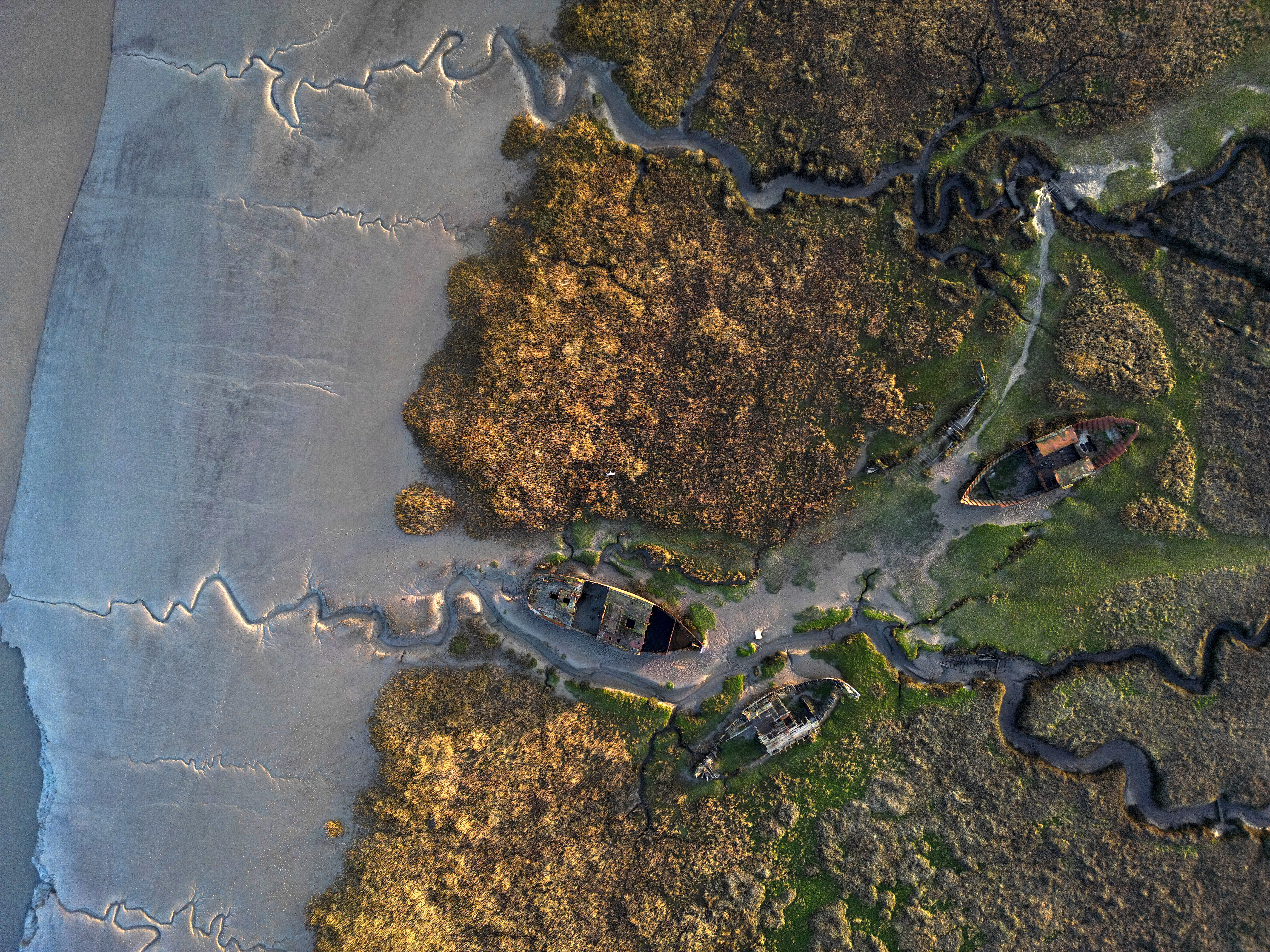
“But that is not because we have stepped down our searches, it is because the focus of the search has moved further downstream into the area of the river which becomes tidal and then out towards the sea,” said Lancashire Constabulary.
Footage showed rescue boats searching the estuary at the mouth of the River Wyre, where it empties Morecambe Bay, a limitless body of water which opens into the Irish Sea.
As they traversed the waters and coast near Fleetwood and Knott End-on-Sea, aerial images taken by photojournalists revealed the shipwrecked boats lain in the mudbanks of the estuary just a short distance away.
The intensified search in the estuary and open sea – some 12 miles downriver from where police theorise that the 45-year-old mortgage adviser may have fallen into the river – came the day after a specialist rescue team concluded a three-day scour of the river which yielded no sign of Ms Bulley.
Peter Faulding, whose seasoned team deployed divers and high-tech sonar equipment capable of mapping out the river in enough detail to locate individual sticks and stones on its bed, told reporters on Wednesday that he was “totally baffled by this one, to be honest.”
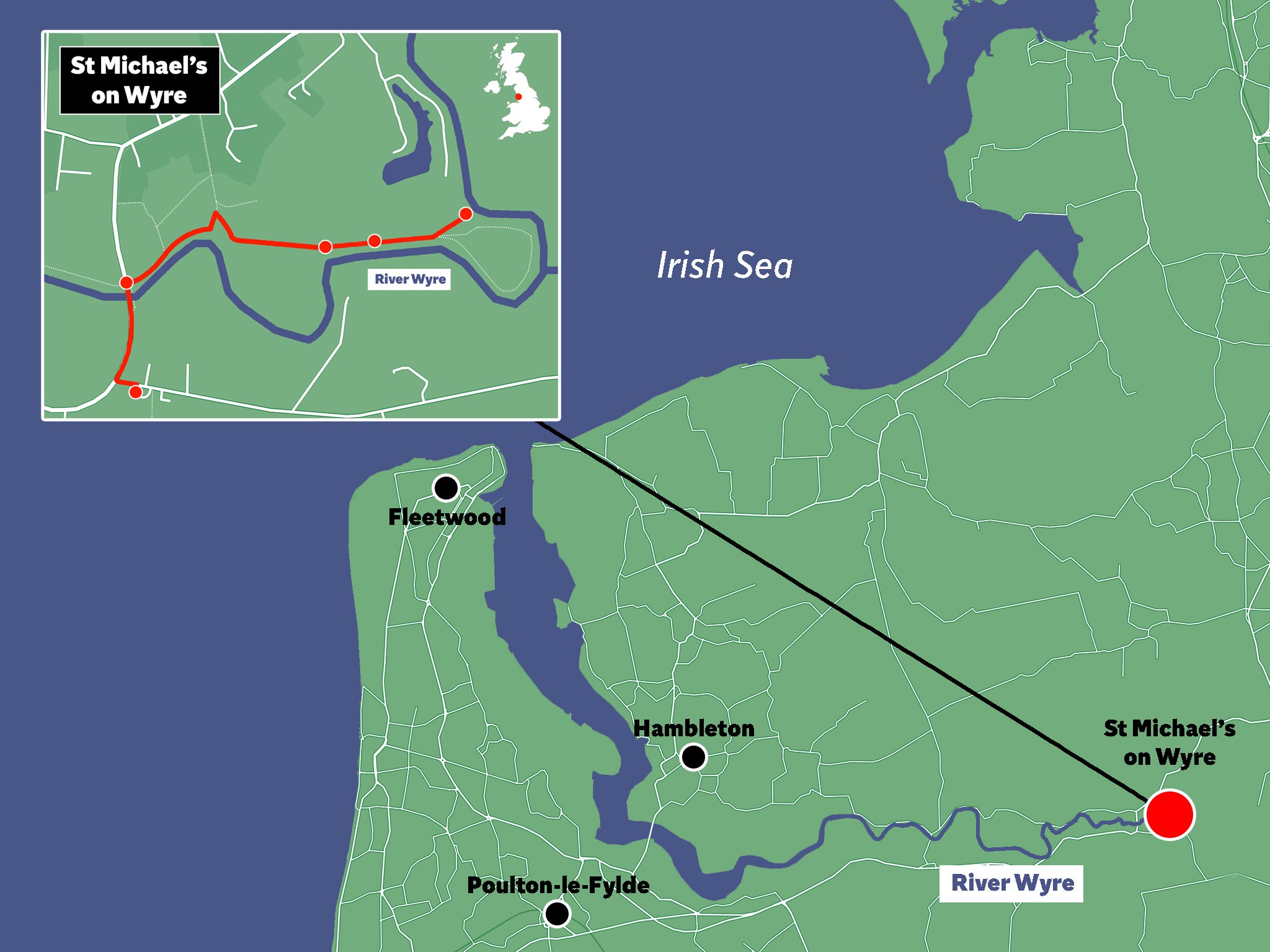
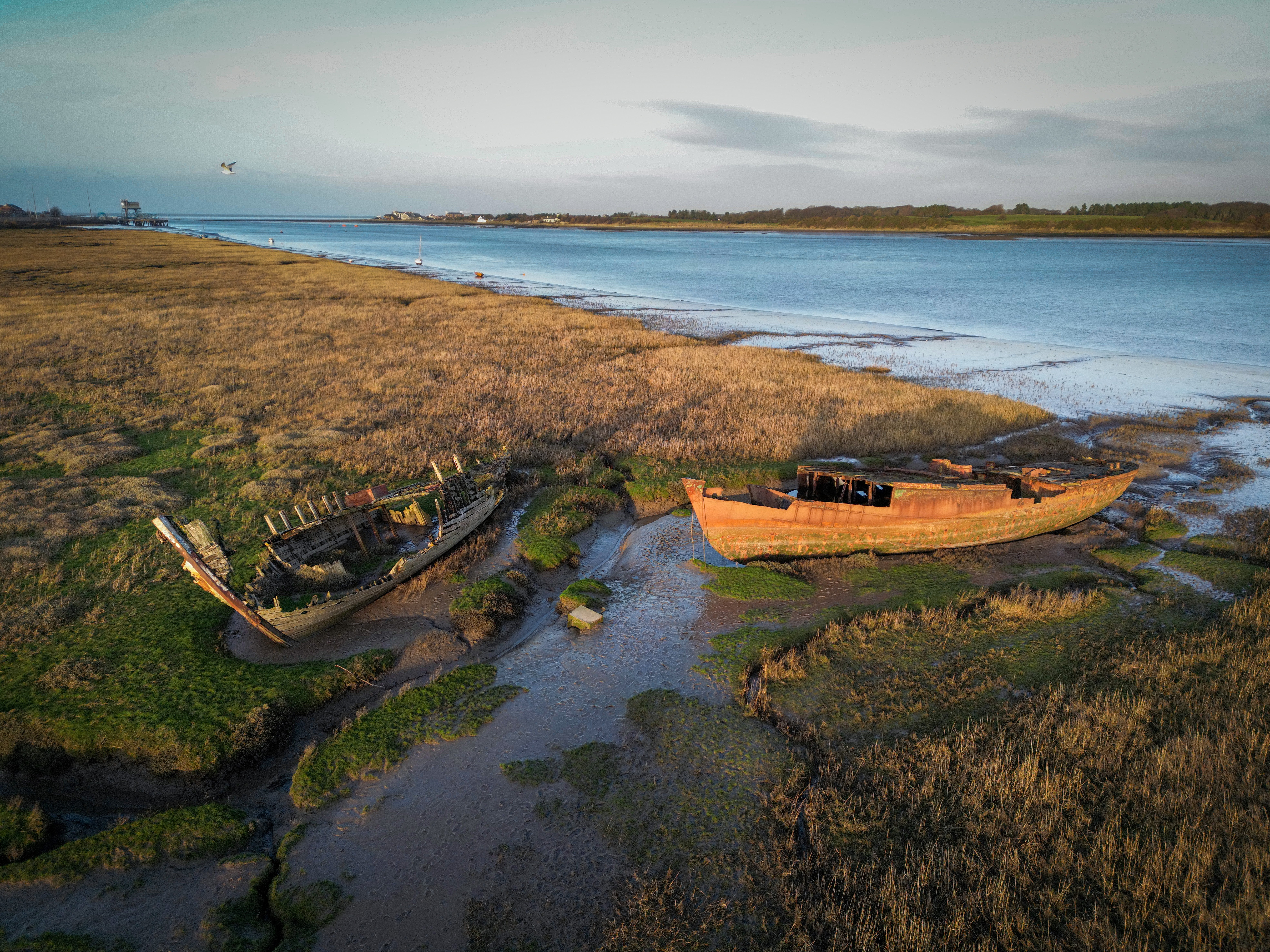
However, despite finding no sign of Ms Bulley’s body in the river, he said he thought it “unlikely” that she has been swept out to sea, adding: “My personal view is that I think it is a long way to go in a tidal river.”
“Normally a drowning victim goes to the bottom,” Mr Faulding added. “There was a bit of flow on the river that day. But normally we recover them within a few metres.”
He said he had hoped to give Ms Bulley’s family some confidence that their loved one’s body was not in the river.
Superintendent Sally Riley, of Lancashire Police, has described the search as “unprecedented”, with 40 detectives following 500 lines of inquiry, with thousands of pieces of information coming in from the public.
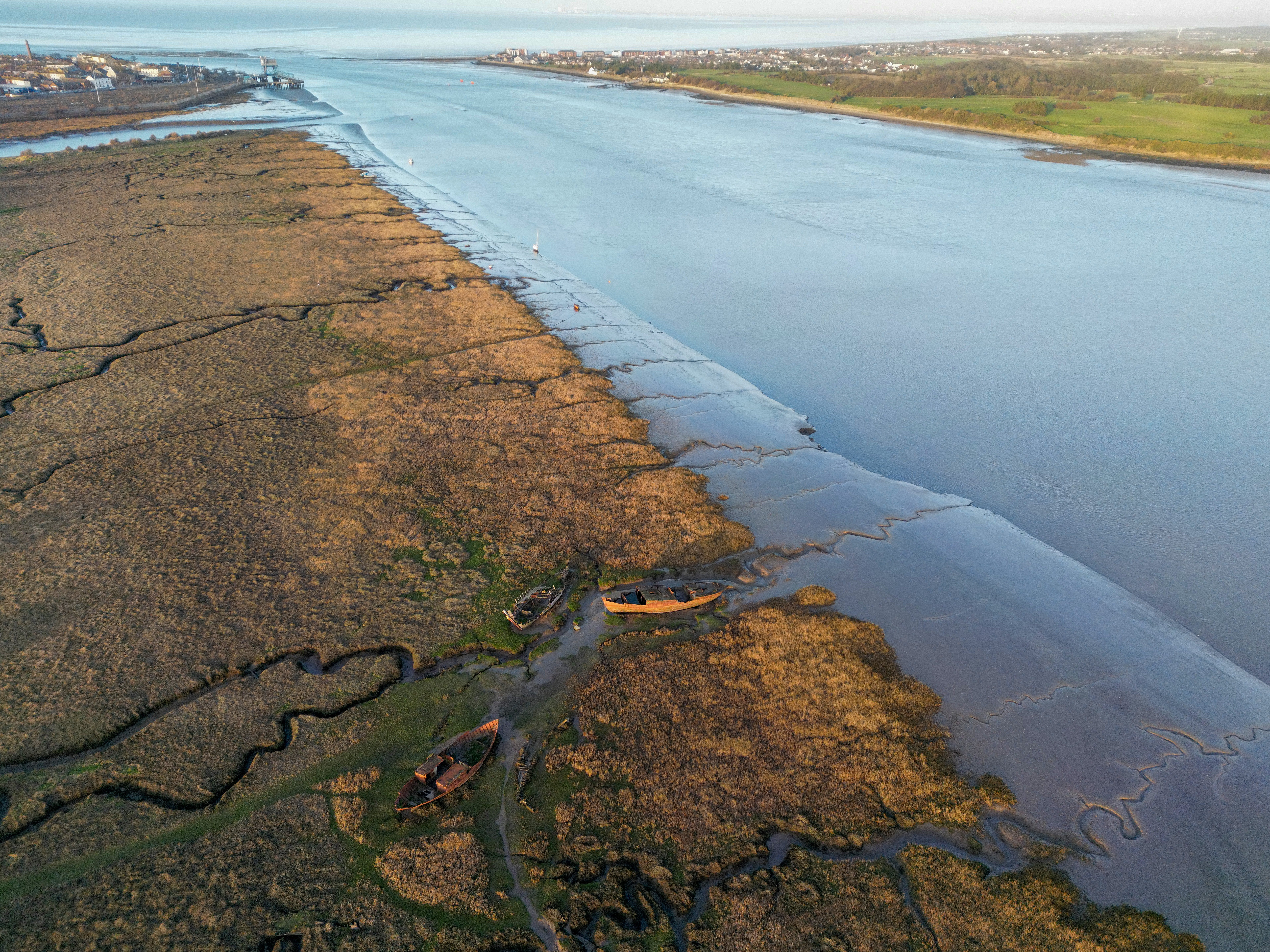
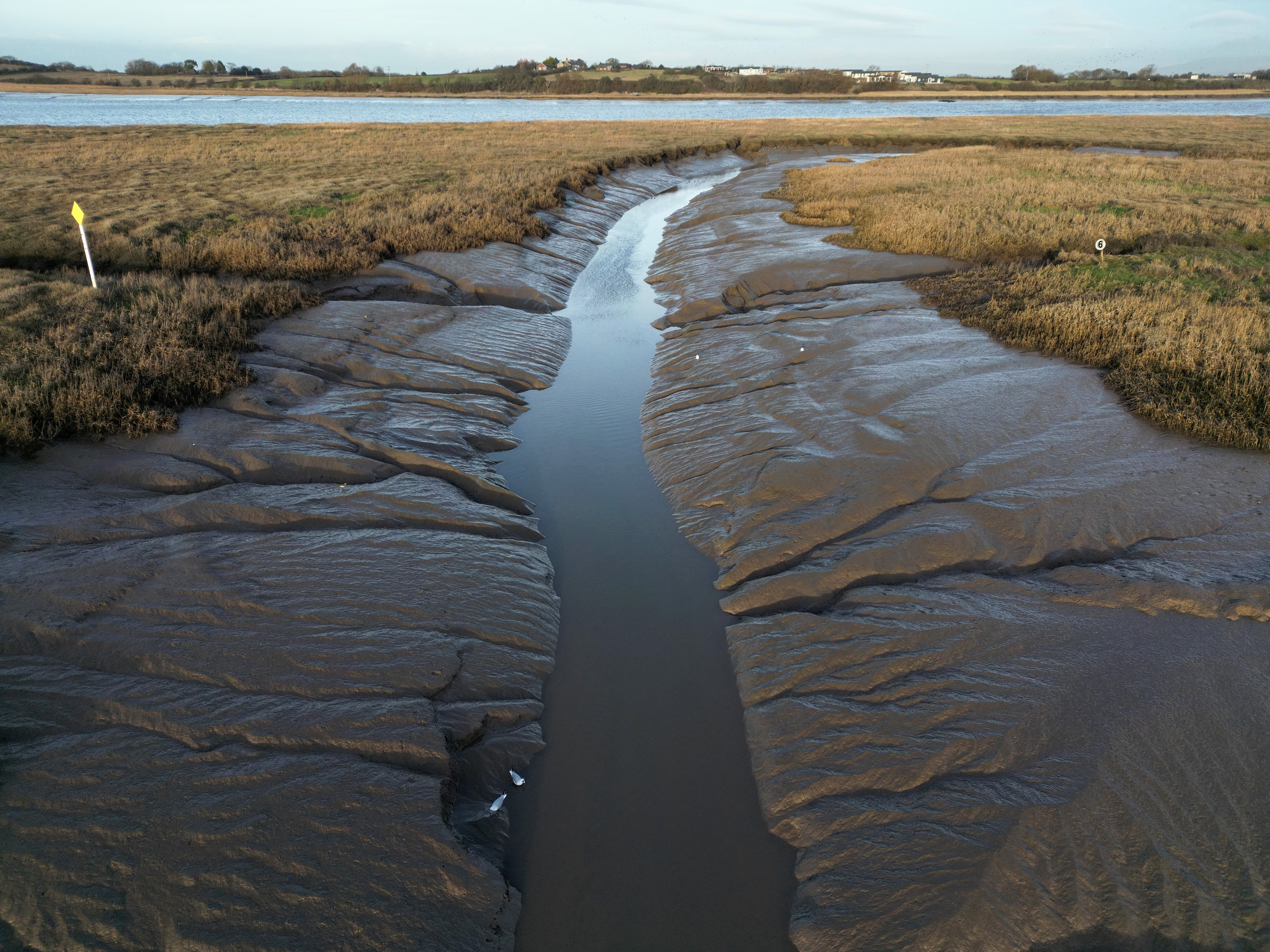
The search for her has drawn intense national attention, and police have also been forced to urge against “distracting” and “distressing” speculation – and even to remind people not to break the law during vigilante searches for Ms Bulley in riverside properties nearby.
In a further escalation on Wednesday night, police were forced to issue two dispersal orders, after a group of men allegedly travelled down from Liverpool to join the hunt and searched an abandoned house near the river.
Lancashire Constabulary said it would “not tolerate criminality, including trespass and criminal damage” as it confirmed that two dispersal orders had been issued “and a number of other people were warned about their behaviour” following reports of people “filming on social media close to properties”.
“The order will remain in place for 48 hours and gives officers the power to disperse anyone committing anti-social behaviour,” the force said.
The force has ruled out criminal or third-party involvement and are treating the incident as a missing person inquiry.







